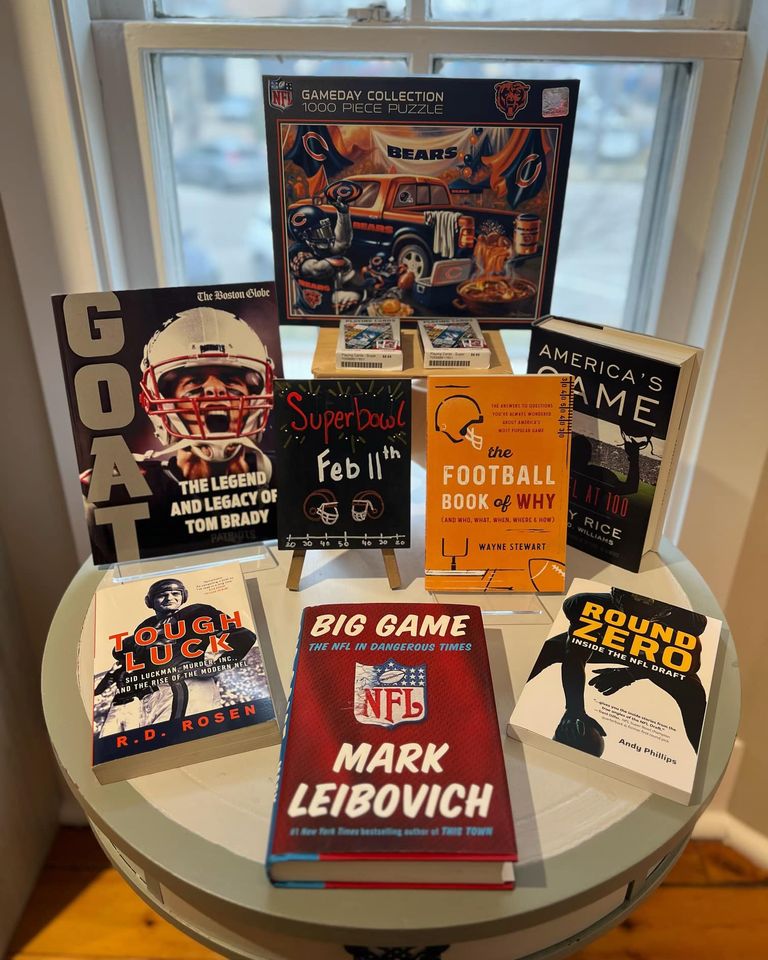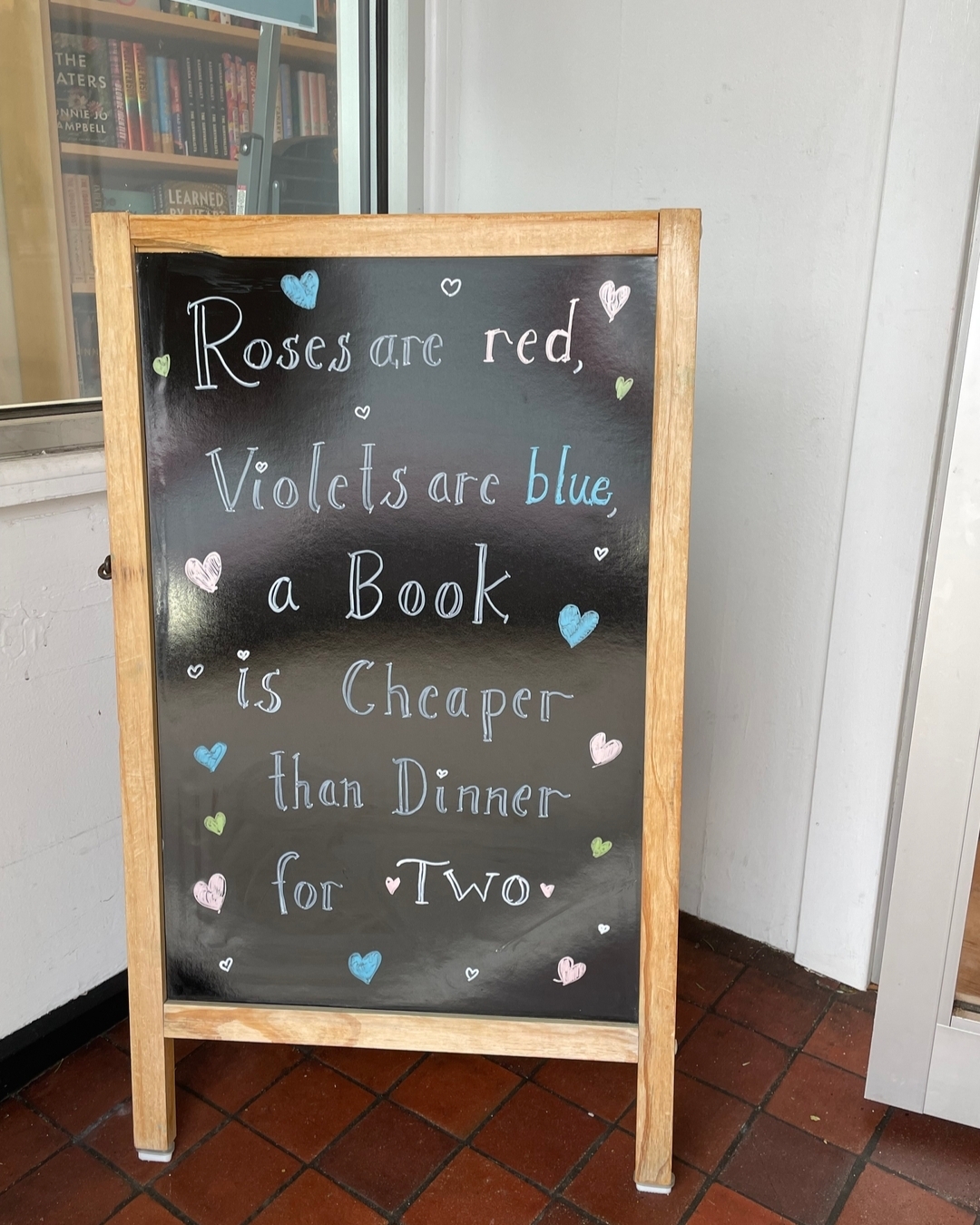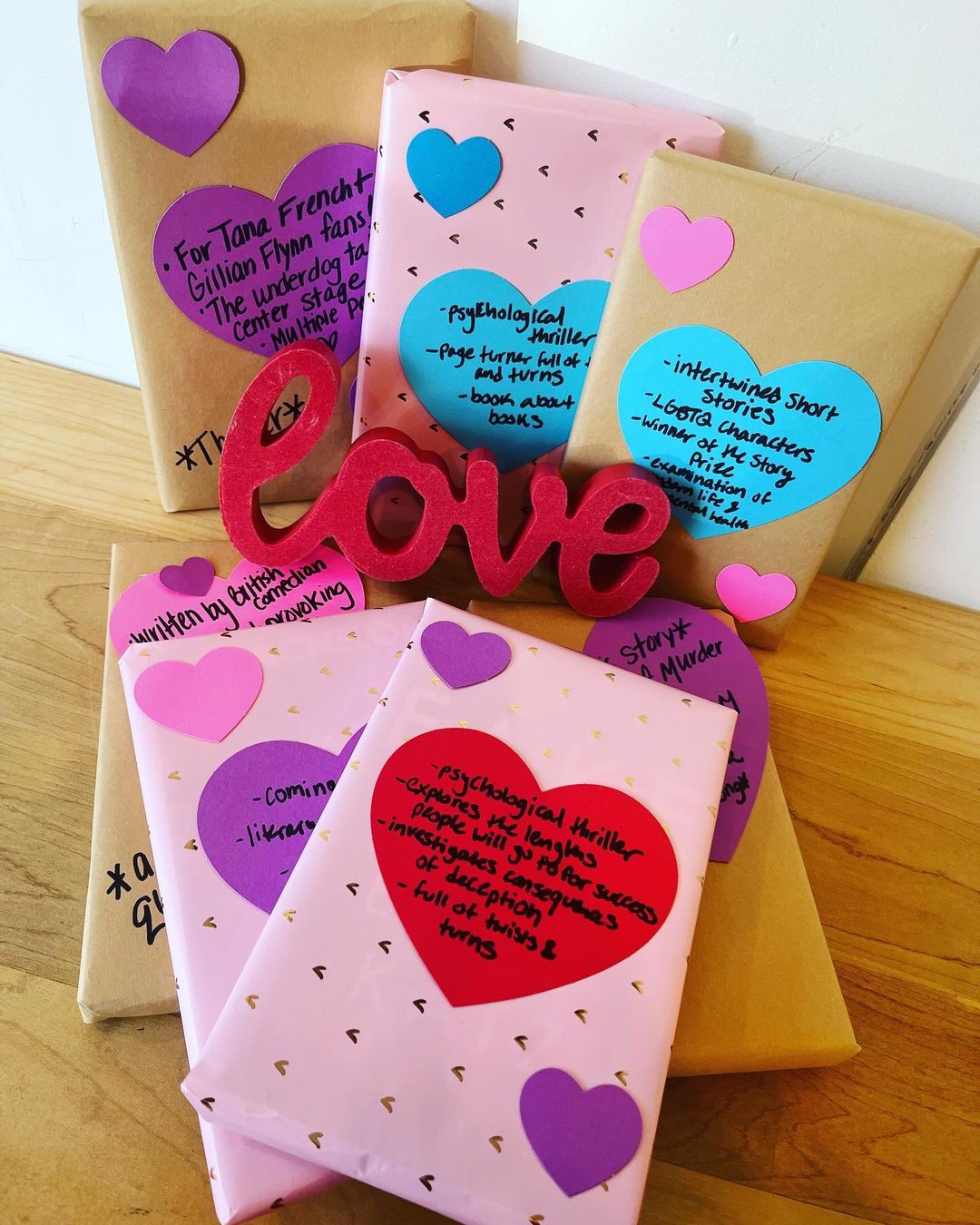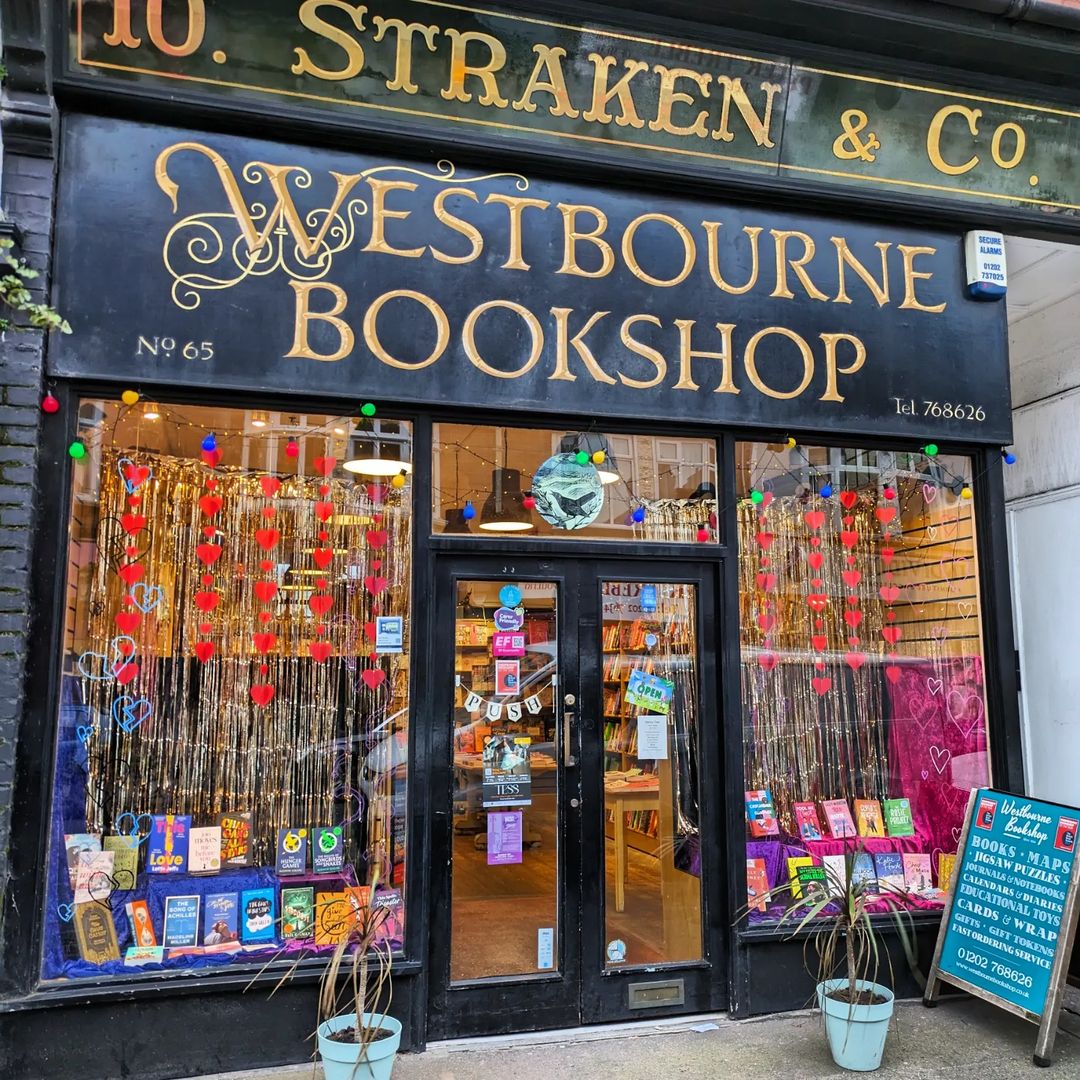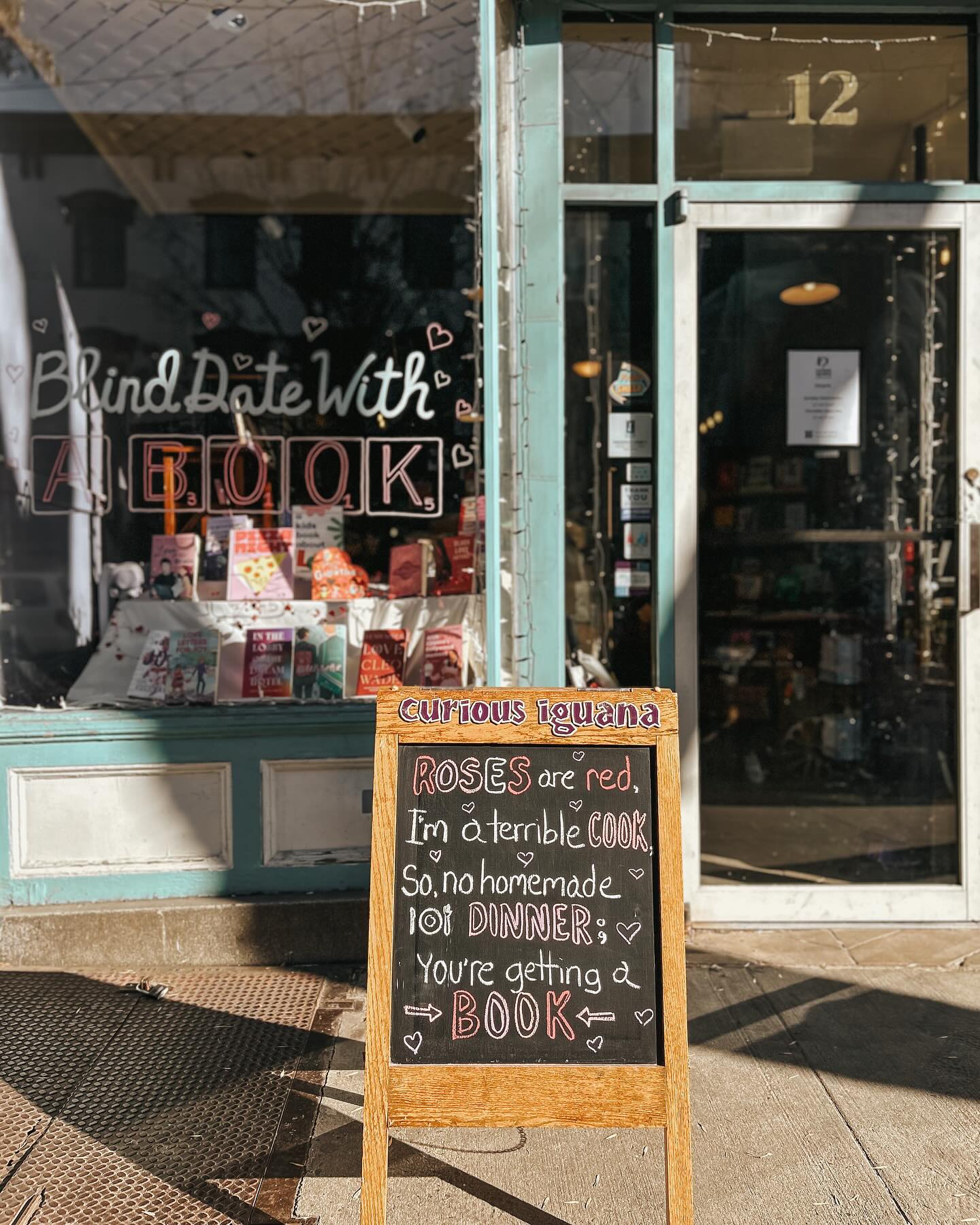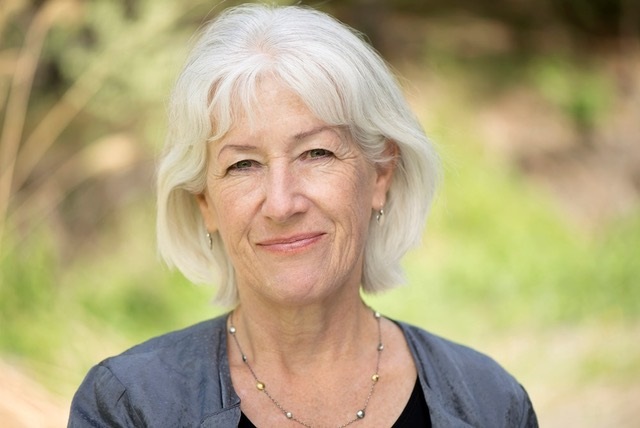 |
| photo: Dion Ogust |
Jo Salas is a New Zealand-born writer of fiction and nonfiction who now lives in upstate New York. Her short stories have appeared in numerous literary journals and anthologies. She is a cofounder, performer, and chronicler of the interactive Playback Theatre. Her biographical novel Mrs. Lowe-Porter (JackLeg Press, February 1, 2024) tells the story of writer and translator Helen Lowe-Porter.
Handsell readers your book in 25 words or less:
Mrs. Lowe-Porter reimagines the life of the brilliant woman who translated Nobel Prize-winner Thomas Mann's work, and her struggle to assert her own voice.
On your nightstand now:
Dancing at the Edge of the World by Ursula K. Le Guin; Say Nothing by Patrick Radden Keefe; The Wren, the Wren by Anne Enright; The Marriage Portrait by Maggie O'Farrell; Our Strangers by Lydia Davis; Damion Searls's new translation of Thomas Mann's short stories; Moby-Dick by Herman Melville; How to Stand Up to a Dictator by Maria Ressa.
Favorite book when you were a child:
My mother read Charlotte Brontë's Jane Eyre to me and my sisters when I was eight or nine. I've read it every couple of years since then, loving Jane's spiritedness, independence, intelligence, self-respect, and the authenticity of her relationship with her lover. It never seemed like just a romance to me. When the pandemic hit, I immersed myself in the book again and found comfort.
Another book that I loved as a kid was The Black Riders by Violet Needham, set in an imagined European country, about an idealistic revolutionary movement. It featured a striking character called Far Away Moses, full of gentleness and wisdom. I'm currently reading an extremely dilapidated copy to my grandson.
Your top five authors:
Sigrid Nunez, Maggie O'Farrell, George Saunders, Rabih Alameddine, Alice Munro. (But also Jane Gardam, Grace Paley, Rumer Godden. Then there are my favorite nonfiction writers!)
Book you've faked reading:
I don't think I've ever faked reading, but I've sometimes failed to finish books that I think I should read. Right now I'm struggling through Moby-Dick, and I fear that I might skip to the ending.
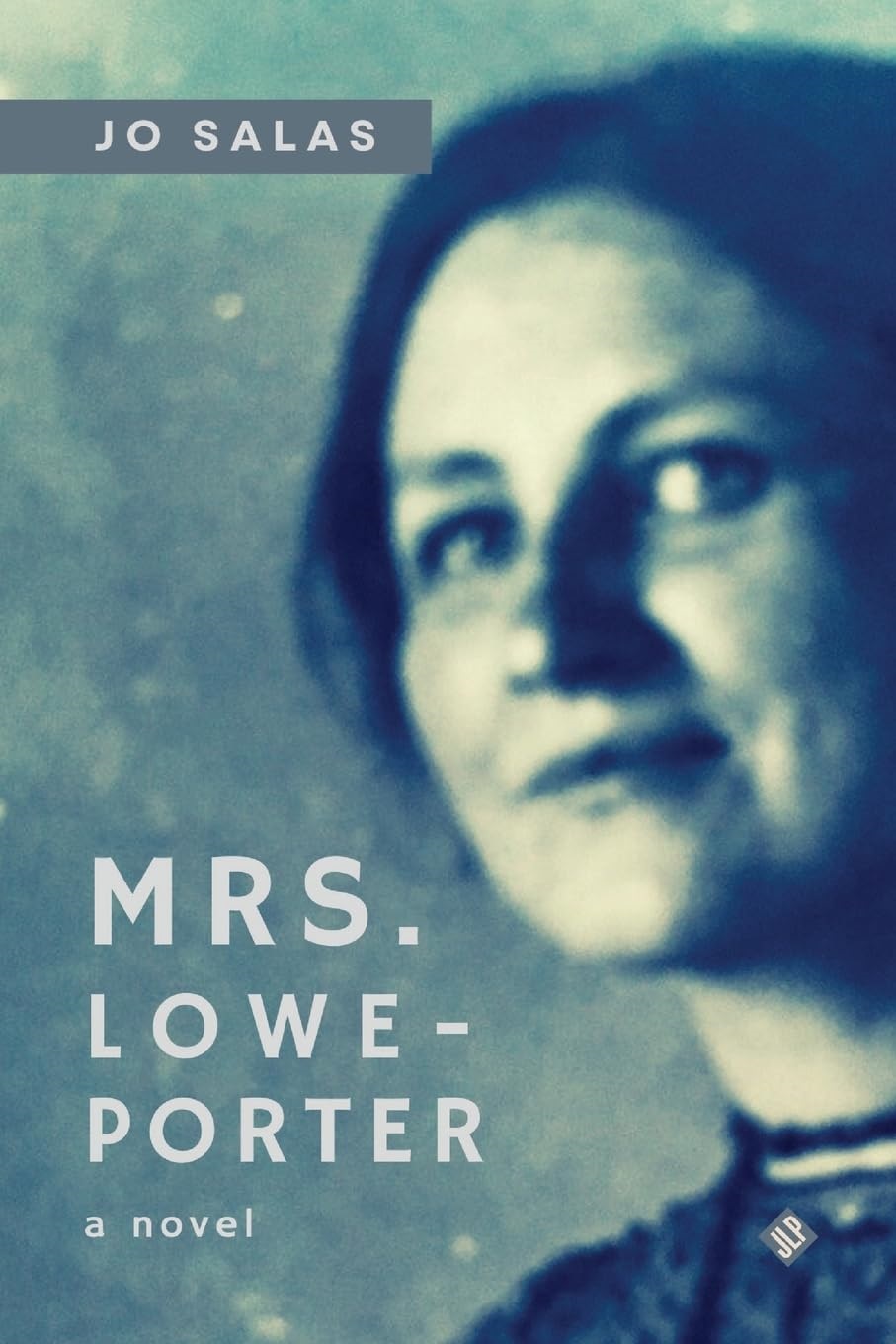 Book you're an evangelist for:
Book you're an evangelist for:
Recently, Islands of Abandonment by Cal Flyn, an astonishing, poetically written account of damaged places around the world that are coming back to life in surprising ways, which may or may not spell hope for our planet.
Book you've bought for the cover:
I admire beautiful front-cover designs, but they never persuade me to buy the book. Instead, I turn it over to see what it's about and who blurbed it. Plain covers sometimes encase beautiful books, like This Little Art by Kate Briggs, which is about translation. The publisher, Fitzcarraldo, uses the same severe design for all their books.
Book you hid from your parents:
My parents disapproved of Enid Blyton, who was very popular at the time of my childhood. They thought she was an inferior writer, and she probably was, but she was an exciting storyteller. I still remember suspenseful moments from The Secret Seven and The Famous Five.
Book that changed your life:
The Female Eunuch by Germaine Greer. I was a 21-year-old mother and wife when I found it in a bookstore. I remember my hand trembling as I took it off the shelf. I knew it would shake up my world.
Favorite line from a book:
"The forest on this ridge is oak and maple, and a mist of yellow leaves softens the ravine sides all around: on a golden wind comes a rich humus smell of autumn."
From The Snow Leopard by Peter Matthiessen. I could have chosen almost any sentence from this exquisite book about a pilgrimage to the high Himalayas.
Five books you'll never part with:
Books signed by writers whom I know personally are precious. One is The Story of Jane by Laura Kaplan. I was in a writers' group with her when she was working on this account of the underground network of ordinary women who provided abortions before Roe v. Wade--sadly, all too relevant again. Another is It Has No Sound and Is Blue by my fellow New Zealander and distinguished poet Dinah Hawken.
There are a few irreplaceable books from my childhood that I'll keep forever, like The Children of Primrose Lane by Noel Streatfeild, set during World War II. For my 14th birthday, my grandparents gave me a leather-bound copy of Wuthering Heights by Emily Brontë. My grandfather's inscription in his thick-nibbed fountain pen feels like a link between us.
A more recent treasure is the The Lost Words by Robert Macfarlane and Jackie Morris, a gorgeously illustrated "spellbook" of nature words that have been evicted from the Oxford Junior Dictionary--acorn, ivy, lark, replaced with words like blog and voicemail.
Book you most want to read again for the first time:
Diana Athill's trenchant memoir Somewhere Towards the End, about aging. I loved the book when I first read it, and it's more relevant as I grow older. Athill has a distinctive voice--informal, honest, and elegant.
Book you'd never heard of that turned out to be wonderful:
The All of It by Jeannette Haien. I was intrigued by the brief description on BookBub, and for $1.99 I took a chance on it. It's set in Ireland, a story within a story that's very simple in its contours--a priest listens to a bereaved woman describing her life--but lyrical and urgent. I quickly became absorbed in it without noting the author and was surprised to realize that it was not an Irish man, as I'd imagined, but an American woman.
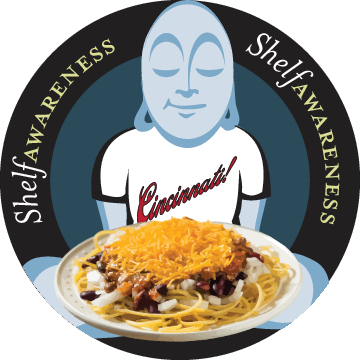 We hope to see many of you at the ABA's Winter Institute, which starts on Sunday in Cincinnati!
We hope to see many of you at the ABA's Winter Institute, which starts on Sunday in Cincinnati!









 At Indigo Books & Music, revenue in the third quarter ended December 30 fell 12.3%, to C$370.6 million (about US$275.4 million), compared to the same period a year earlier, and net income dropped to C$10 million (US$7.4 million) from C$34.3 million (US$25.5 million).
At Indigo Books & Music, revenue in the third quarter ended December 30 fell 12.3%, to C$370.6 million (about US$275.4 million), compared to the same period a year earlier, and net income dropped to C$10 million (US$7.4 million) from C$34.3 million (US$25.5 million).
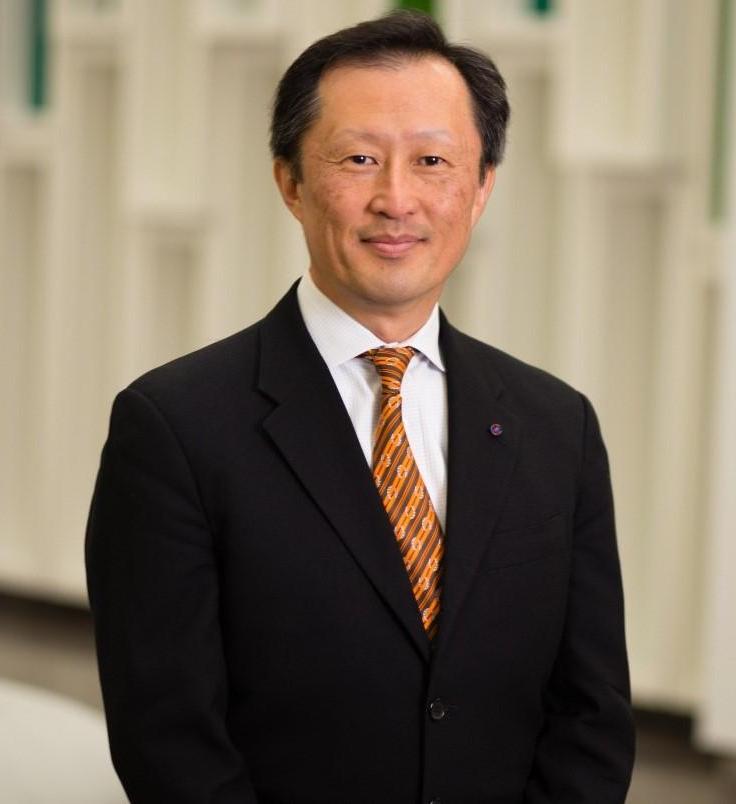
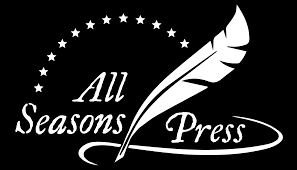 Skyhorse Publishing has acquired the assets of
Skyhorse Publishing has acquired the assets of 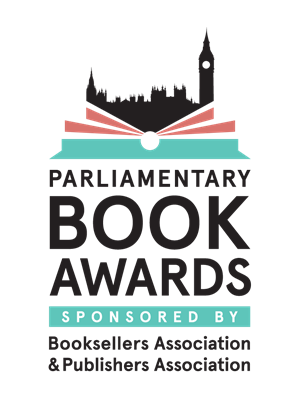 This year's
This year's  The
The 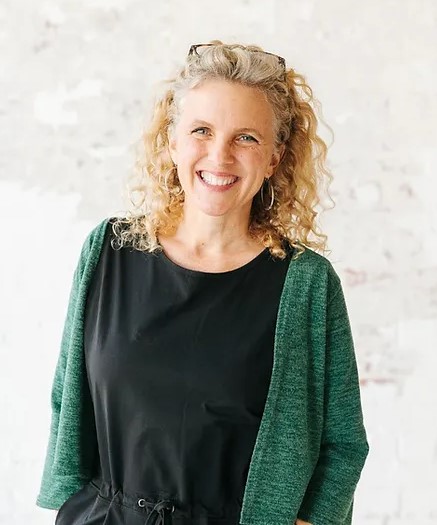
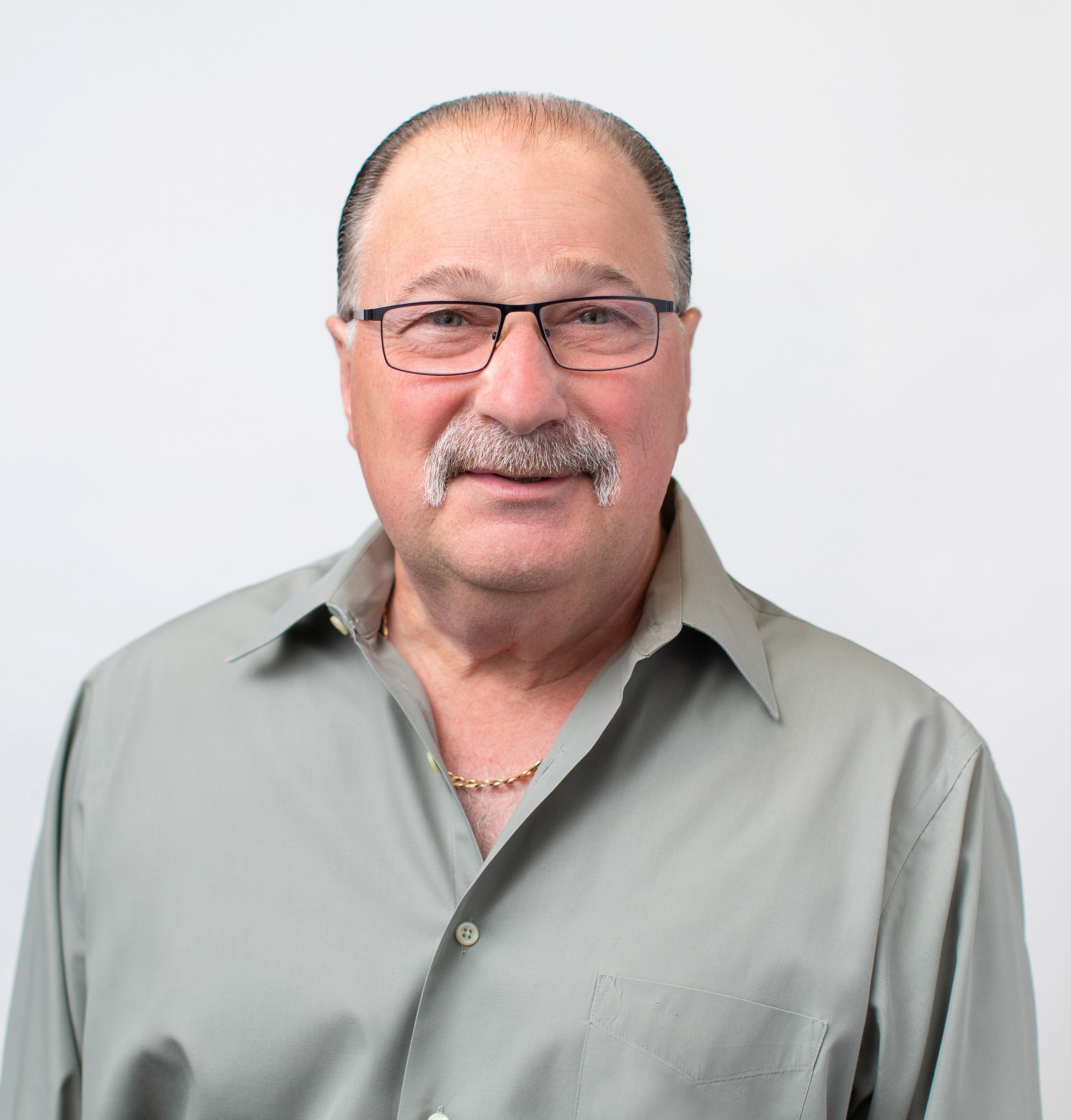
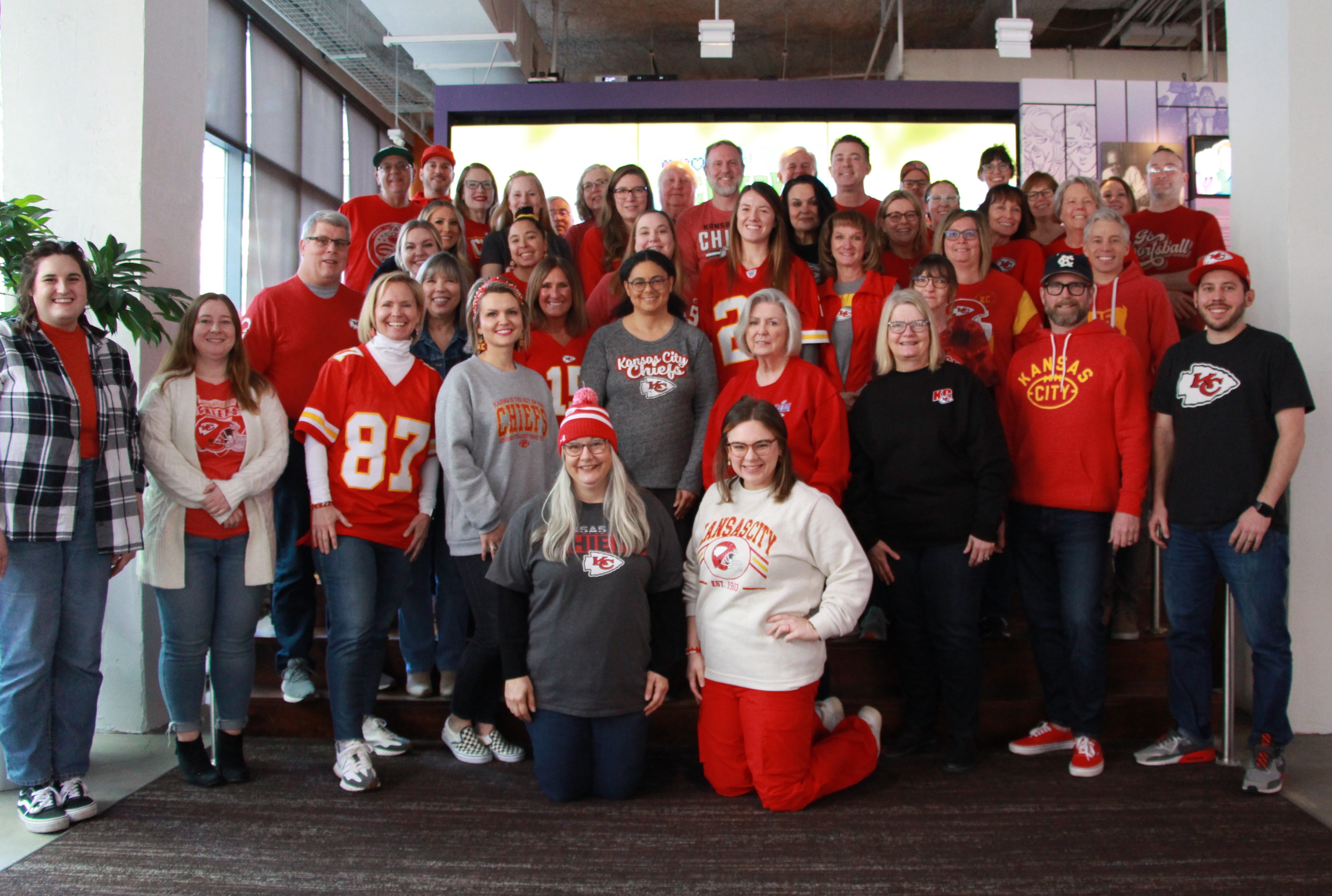 Staff at Andrews McMeel Publishing, Kansas City, Mo., were poised to cheer on the Kansas City Chiefs in Sunday's Super Bowl.
Staff at Andrews McMeel Publishing, Kansas City, Mo., were poised to cheer on the Kansas City Chiefs in Sunday's Super Bowl.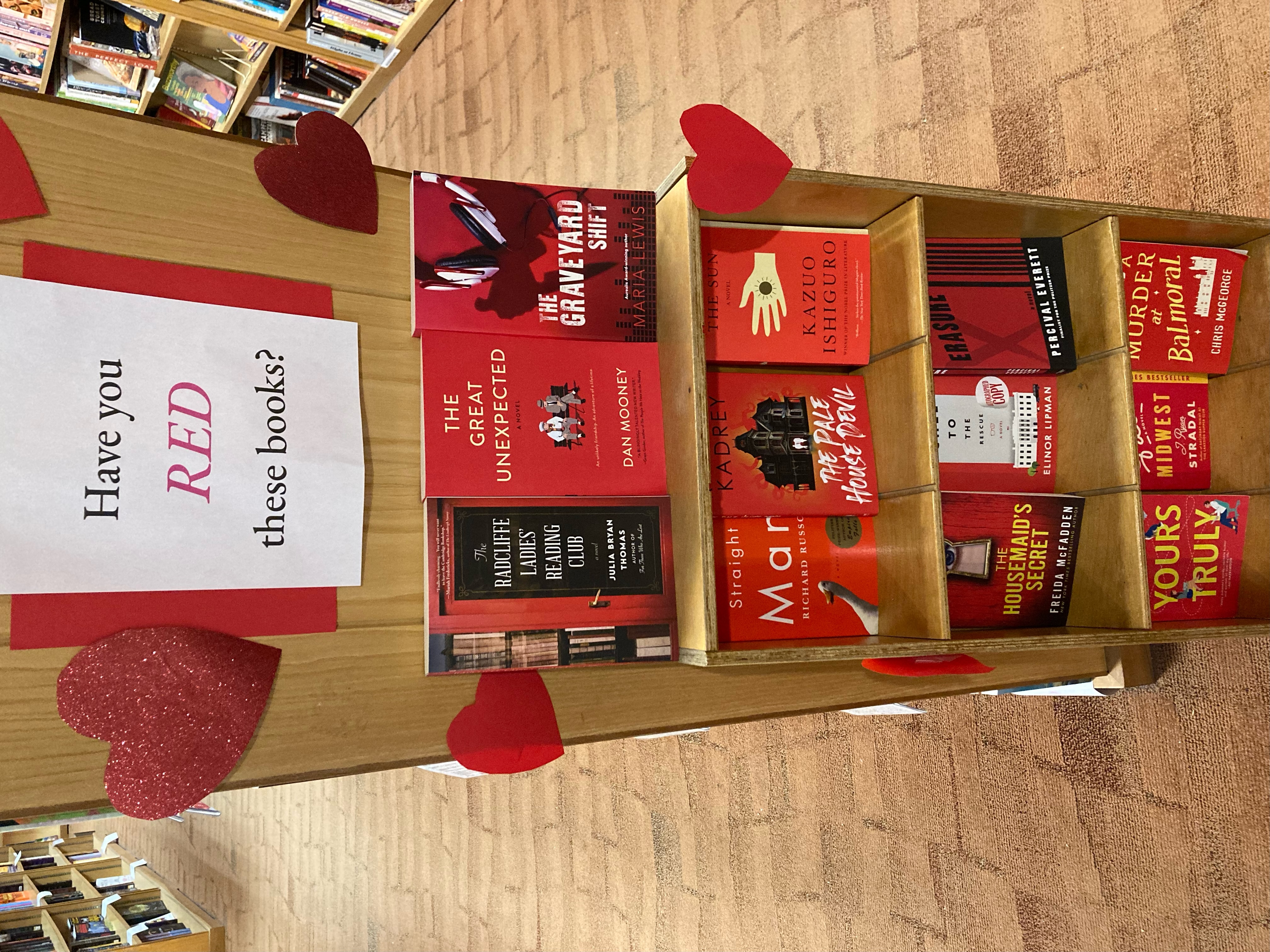 At
At 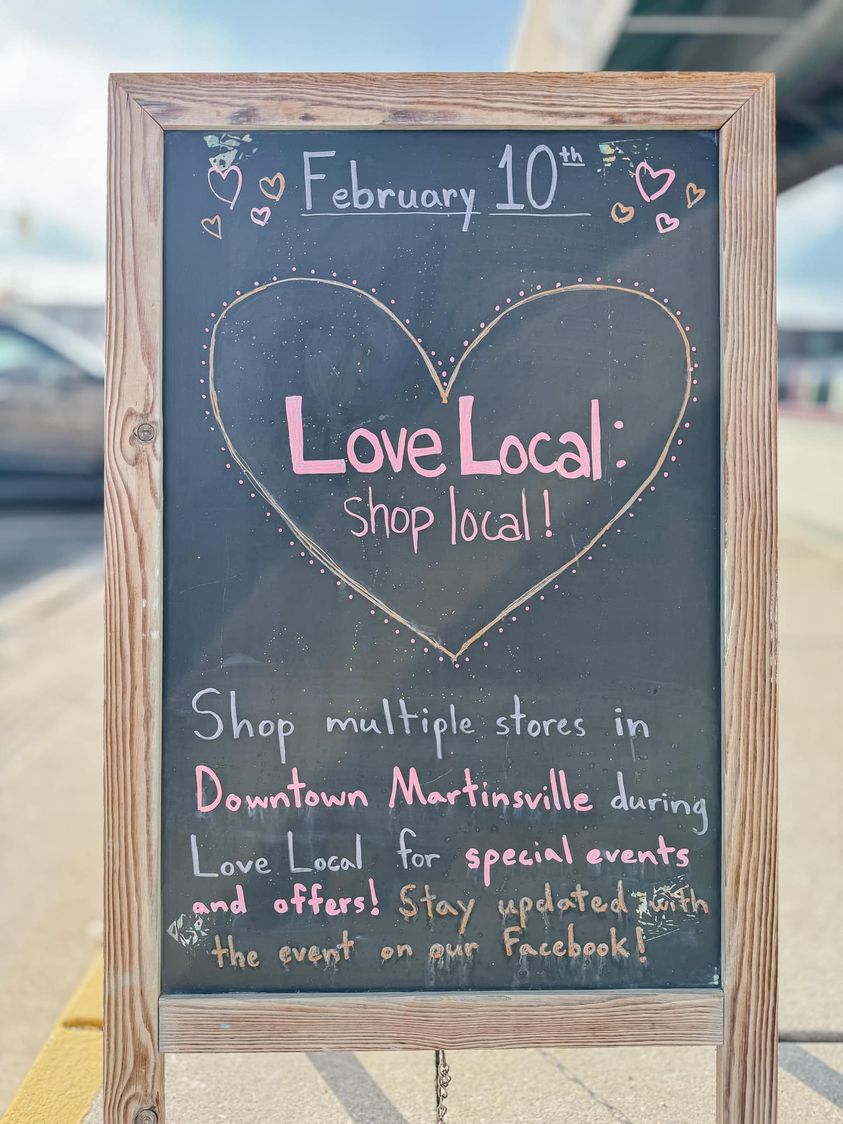 A pre-Valentine's Day celebration of indie love: "This Saturday, February 10th is our 'LOVE LOCAL' celebration. Show your love for small, businesses and your love for our community by supporting your local area small businesses,"
A pre-Valentine's Day celebration of indie love: "This Saturday, February 10th is our 'LOVE LOCAL' celebration. Show your love for small, businesses and your love for our community by supporting your local area small businesses," 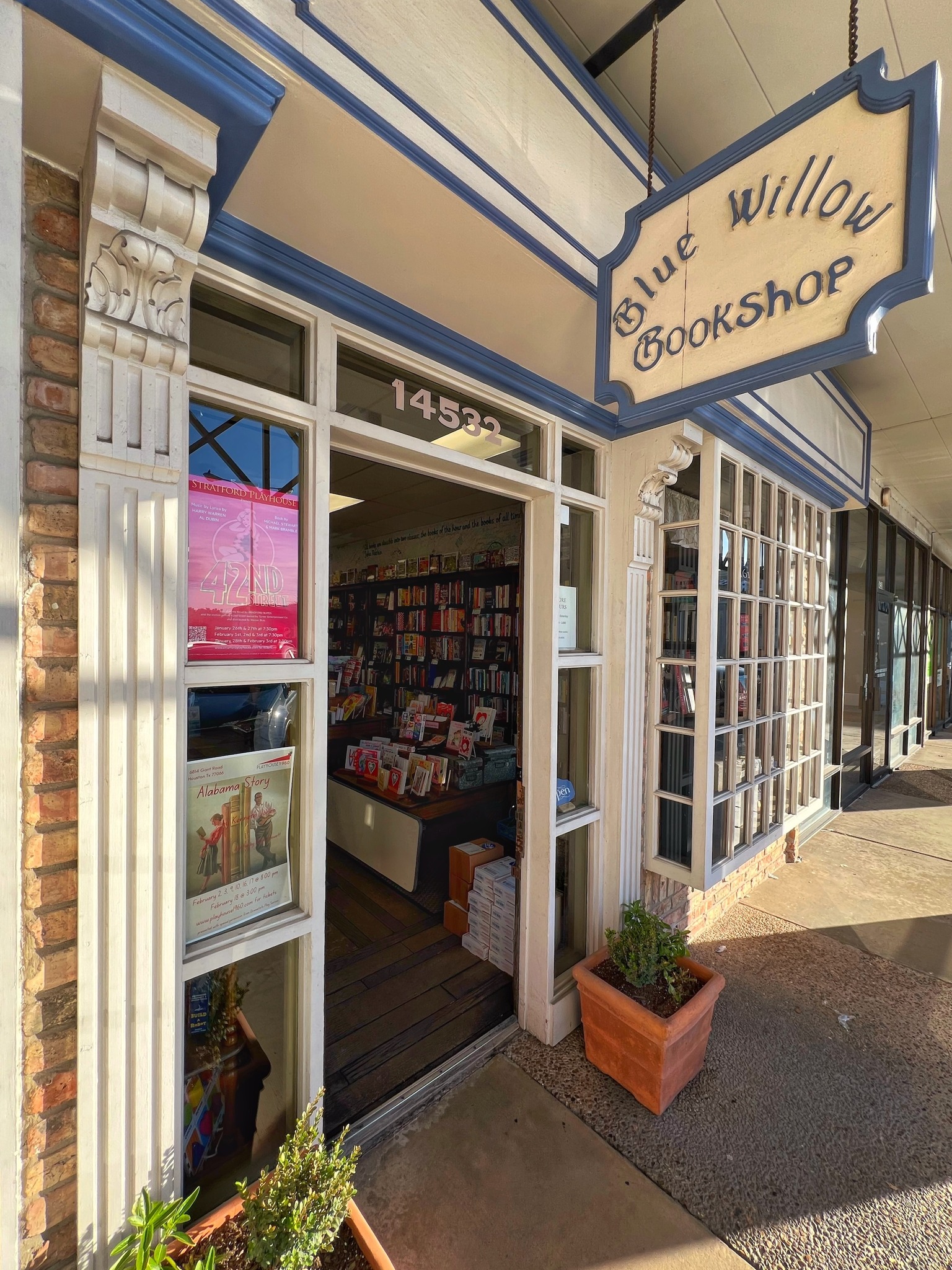 "POV: The
"POV: The 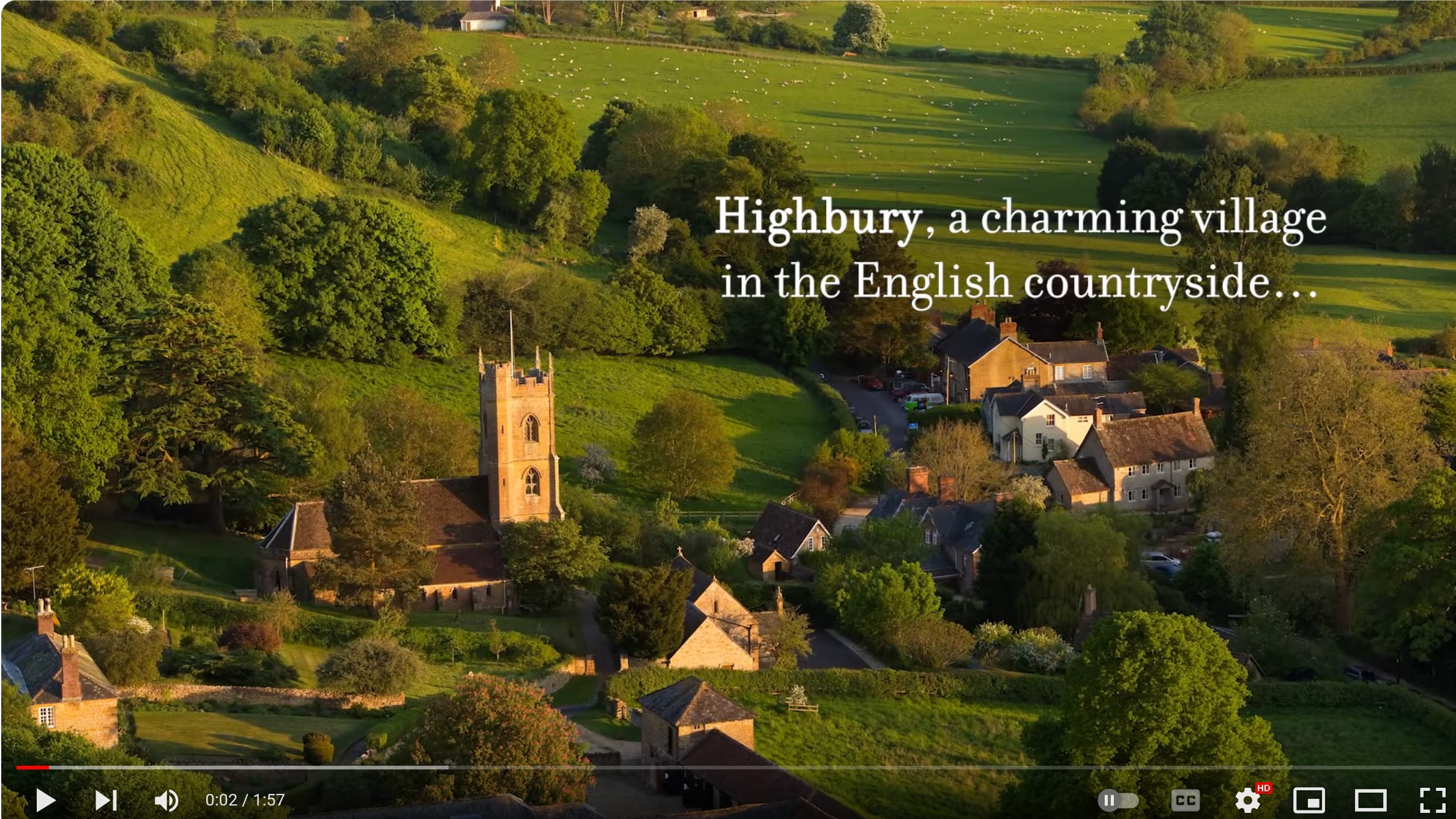 A Murder in Highbury
A Murder in Highbury
 Book you're an evangelist for:
Book you're an evangelist for: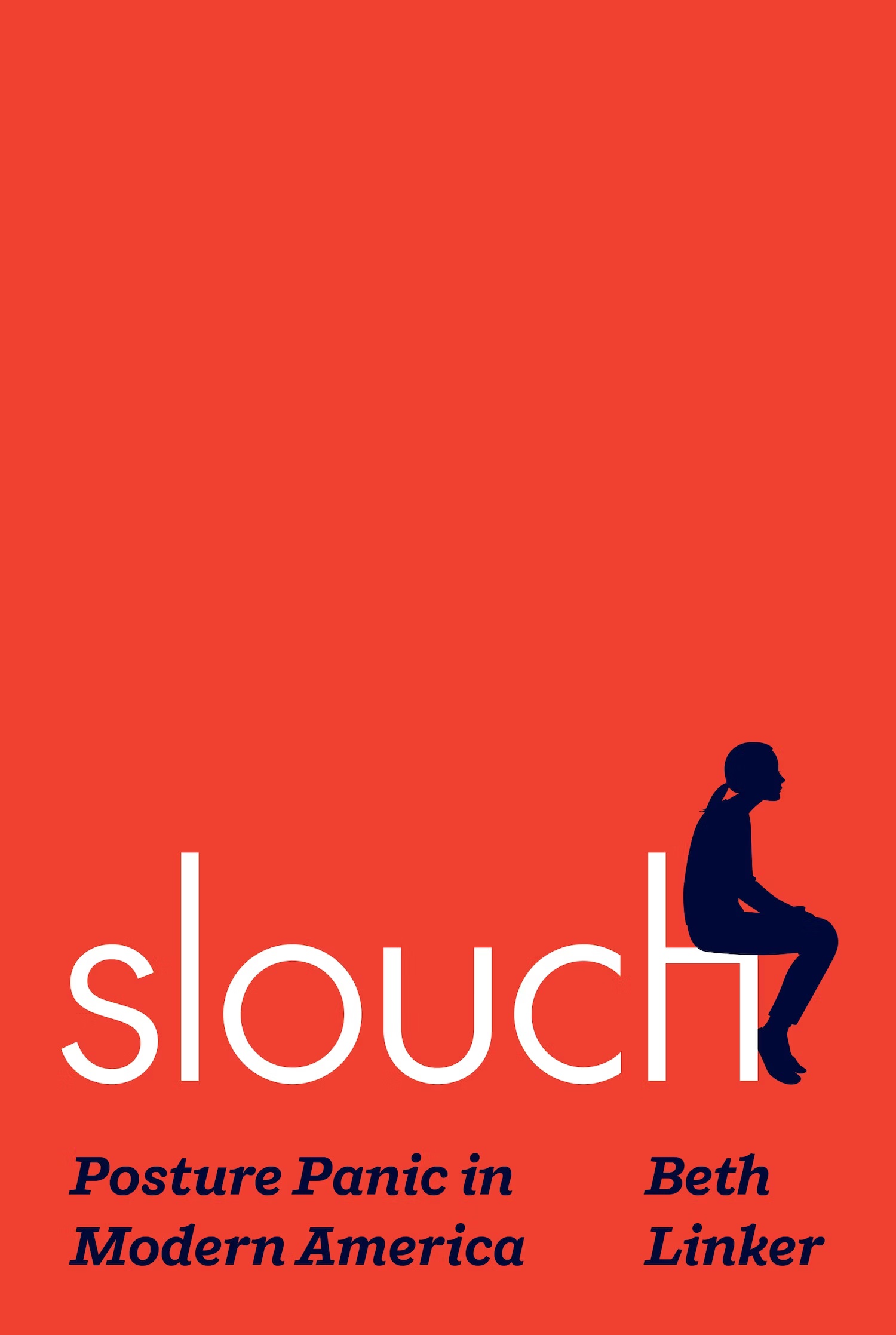 With an entertaining narrative focus on the individuals responsible for a decades-long "poor posture epidemic" that began in the early 20th century, Slouch: Posture Panic in Modern America by Beth Linker revisits a largely forgotten period in U.S. history when the "social contagion" of poor posture was treated with the same seriousness as deadly communicable diseases.
With an entertaining narrative focus on the individuals responsible for a decades-long "poor posture epidemic" that began in the early 20th century, Slouch: Posture Panic in Modern America by Beth Linker revisits a largely forgotten period in U.S. history when the "social contagion" of poor posture was treated with the same seriousness as deadly communicable diseases.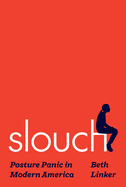
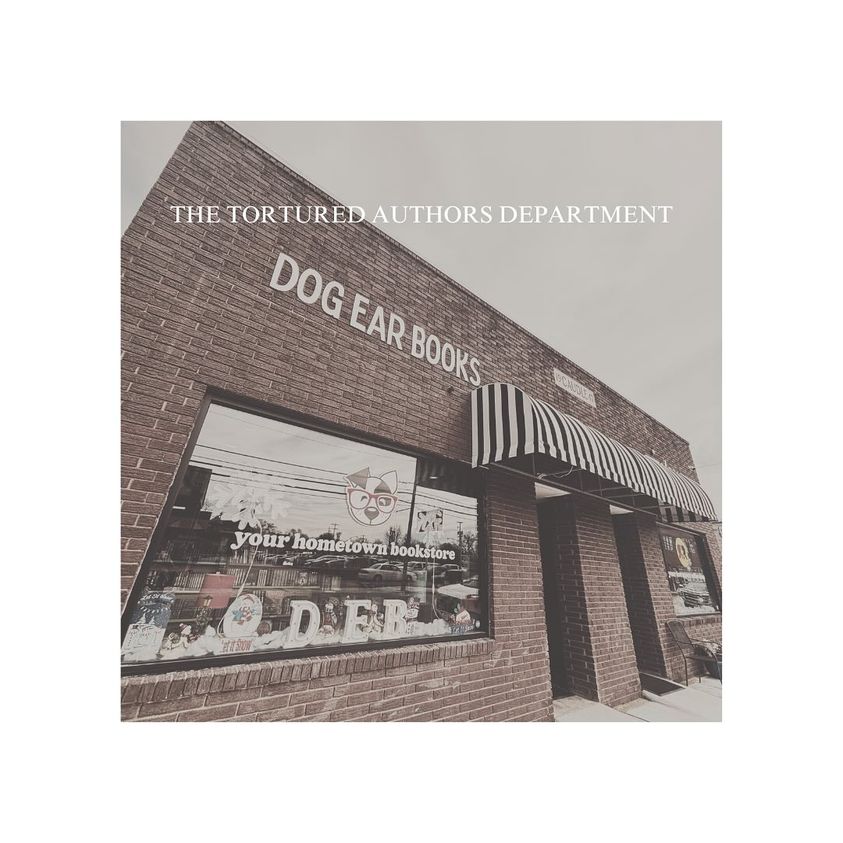 In addition, not only has Swift announced that her next album will be titled The Tortured Poets Department (
In addition, not only has Swift announced that her next album will be titled The Tortured Poets Department (